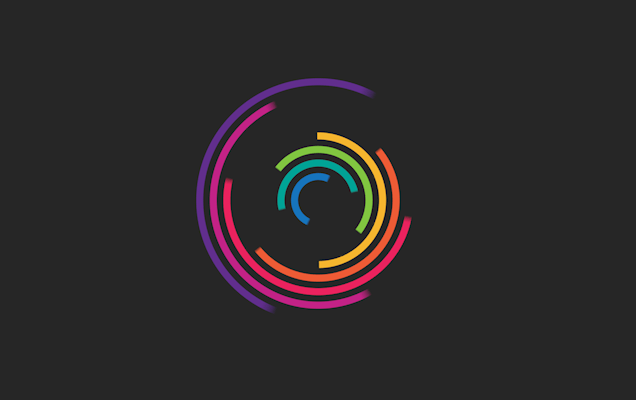Challenges and concerns
However, with great power comes great responsibility and the healthcare industry's heavy reliance on AI can bring about the following challenges:
Safety
Ensuring AI doesn't introduce new errors is crucial, especially in critical tasks like diagnostics.
Bias in AI training
Some AI models are trained predominantly on specific demographics, leading to potential biases when applied broadly.
Unforeseen challenges
Continuous experimentation with AI might reveal capabilities that could be daunting, especially given AI's rapid learning ability.
The role of government in AI regulation
The conversation shifted to the potential role of governments in AI regulation. Dr. Wenzek believes government institutions have a significant role to ensure AI's safety, correctness, and benefits. Drawing parallels with the FDA's role in medicine, he emphasised the need for scrutiny, especially when releasing AI models to the public.
The evolution of cloud computing
Reflecting on the evolution of cloud computing, Dr. Wenzek recounted its transformative impact on businesses. The convenience of cloud computing has allowed professionals to focus on core competencies, revolutionizing data storage and accessibility.
Managing tech teams in a remote world
In today's remote work environment, managing tech teams requires a multidisciplinary approach. Dr. Wenzek emphasised two key strategies for effective management:
Fostering a real sense of team
Even if team members rarely meet in person, they should feel they can rely on each other. Clear communication about objectives is vital.
Living the vision
Especially in sectors like healthcare, having a vision that resonates with the team is crucial. It's not just about day-to-day tasks but believing in a shared goal.
Key takeaways
AI offers consistency and support in healthcare, especially in fields like computer vision.
While AI presents numerous opportunities, it's essential to address challenges like safety concerns and biases in training.
Governments and institutions play a pivotal role in AI regulation, ensuring its safe and beneficial use.
Cloud computing has revolutionised data storage and accessibility, allowing professionals to focus on core competencies.
Effective management of remote tech teams requires fostering a sense of team and living a shared vision.
In conclusion, this exchange provided valuable insights into the evolving world of AI and health technology. As we continue to navigate this landscape, balancing the potential benefits with the challenges is crucial, ensuring a safe and inclusive future for all.





